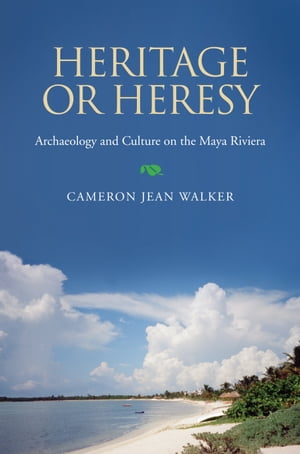<p>How can we effectively interpret and present one culture to another without stereotypes or over-simplifications? What is the best way to present an authoritative version of a national heritage without also endangering ancient sites or being insensitive to the local customs, beliefs, and religious practices of the indigenous peoples?</p> <p>This volume addresses the ongoing thrust in archaeology to take the next step after preserving the past: interpreting that past for the future.? That future audience includes both local citizens and tourists who may have little background in archaeology, anthropology, or the history of the culture featured.? Walker presents the key components of the anthropological study of tourism as a global phenomenon, with particular emphasis on the more prominent arguments for how and why tourism is a universal and meaningful human activity.? The highly controversial topic of authenticity is examined, with special attention given to how "authentic" has been defined and how it relates to the ways in which archaeological sites, artifacts, and cultural traditions are presented--or not presented--to the visiting public. The ephemeral promise of “authenticity” drives the heritage tourism industry, which is a key consideration for the long term economy of the Maya Riviera and elsewhere.? Through analysis of seven archaeological sites on the Yucatan peninsula that are open to heritage touring, Walker reveals the planned growth of the Maya Riviera since the early 1970s and examines the impact of international tourism on both ancient structures and the contemporary Maya people and culture.</p>画面が切り替わりますので、しばらくお待ち下さい。
※ご購入は、楽天kobo商品ページからお願いします。
※切り替わらない場合は、こちら をクリックして下さい。
※このページからは注文できません。
@kr111s 2020/03/31 10:41
@chako_a_k_ 2020/03/31 09:45
@gntm_hzkt 2020/03/31 09:56
@Aeyoshinori28 2020/03/31 10:32
@yuukyuu_bot 2020/03/31 10:22
